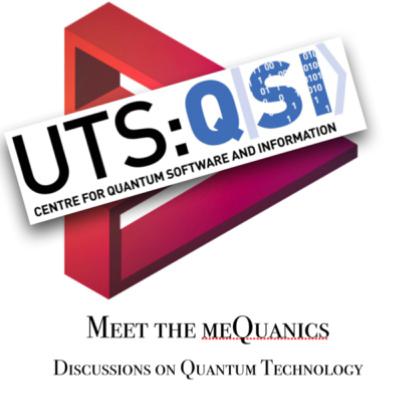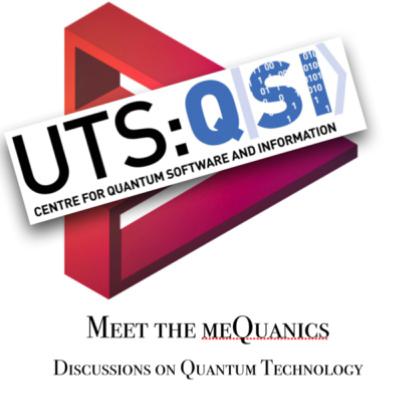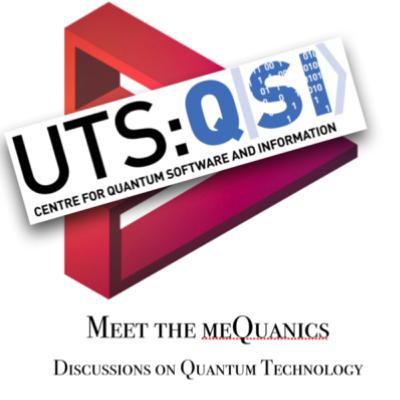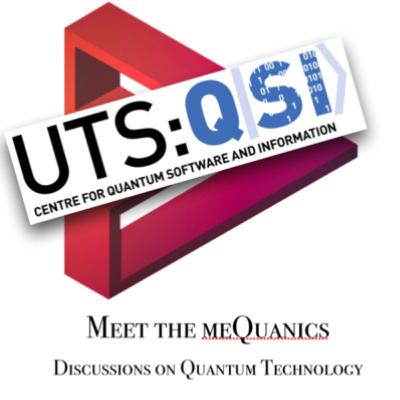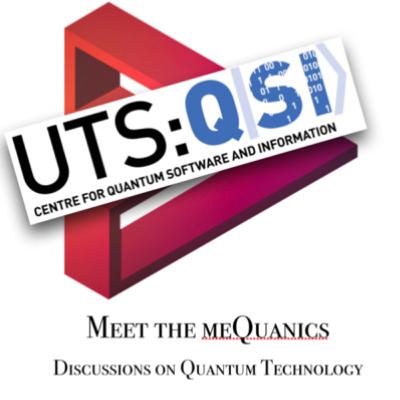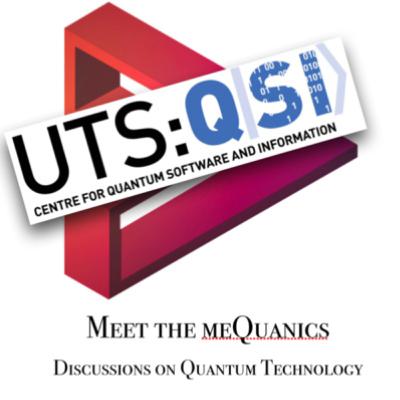meQuanics - QSI@UTS Seminar Series - S21 - Gerardo Paz Silva (Griffith U)
Description
During this time of lockdown, the centre for quantum software and information (QSI) at the University of Technology Sydney has launched an online seminar series. With talks once or twice a week from leading researchers in the field, meQuanics is supporting this series by mirroring the audio from each talk. I would encourage if you listen to this episode, to visit and subscribe to the UTS:QSI YouTube page to see each of these talks with the associated slides to help it make more sense.
https://youtu.be/a5aa-vU2AHo
Controls and frames: A new approach to quantum noise spectroscopy
TITLE: Noise Cancellation and your Quantum Computer
SPEAKER: Dr Gerardo Paz Silva
AFFILIATION: Centre for Quantum Dynamics, Griffith University, Brisbane, Qld, Australia
HOSTED BY: A/Prof Chris Ferrie, UTS Centre for Quantum Software and Information
ABSTRACT: Noise cancellation, as in everyday headphones, requires the ability to characterize & filter out the noise affecting a system one wants to protect. The last few years have seen the birth of increasingly more powerful Quantum Noise Spectroscopy (QNS) protocols, capable of characterizing the noise affecting a quantum system of interest. However, while many of these protocols have been experimentally verified, all demonstrations have been so far limited to characterizing injected noise. More importantly, even theoretically a fully general protocol is still non-existent. In this talk I will introduce our new approach to the problem, which overcomes these limitations. I will argue that by characterizing only the portions of the noise that are relevant a given set of control capabilities, e.g., available to a particular experiment, many of the existing difficulties in designing a fully general QNS protocol disappear. I describe the key ingredients allowing this and exemplify our results via two paradigmatic examples.
OTHER LINKS: Centre for Quantum Dynamics, Griffith University griffith.edu.au/centre-quantum-dynamics

